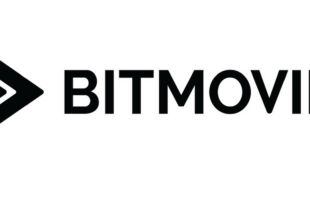BBC, BBC Worldwide and Bob Geldof are collaborating on the Dictionary of Man, a unique and ambitious anthropology project to record every human society on Earth. The Dictionary of Man website will be a repository of content to digitally catalogue human existence as a resource for exchange of ideas and information.
Envisioned as “360 degree media”, Dictionary of Man will use every available medium to create the largest ever living record of films, photographs, anthropological histories, philosophies, theologies, economies, language, art, and documented and personal accounts from people of every society across the globe. With the cooperation of institutions around the world, all archives and records will be included. Anthropologists, social historians and experts in various disciplines will be involved as the degrees of human difference are logged over the years.
The website will also use the latest social networking technologies to allow individuals across the globe to trace their dispersals and reconnect to their ancient family or group members.
Dictionary of Man crews will also capture on film 900 separate groups of people that anthropologists believe to be in existence, and experts suggest that there could be up to 27,000 variations alongside the core 900.
All collated material will be available through the Dictionary of Man website, an encyclopaedic volume of DVDs featuring hundreds of hours of programming, books, magazines, CDs, exhibitions, theatrical and various media platforms.
In addition, an eight-part documentary TV series, The Human Planet, will also be produced concurrently by BBC's Natural History Unit, BBC Bristol Features and Documentaries, and BBC Wales. Filmed in HD, The Human Planet will be a record of how different peoples adapt to different surroundings.
BBC’s commercial arm, BBC Worldwide, will act as facilitator in seeking international partnerships for the initiative, while Geldof's Ten Alps media group will provide the administrative and infrastructural backup for the Dictionary of Man.









